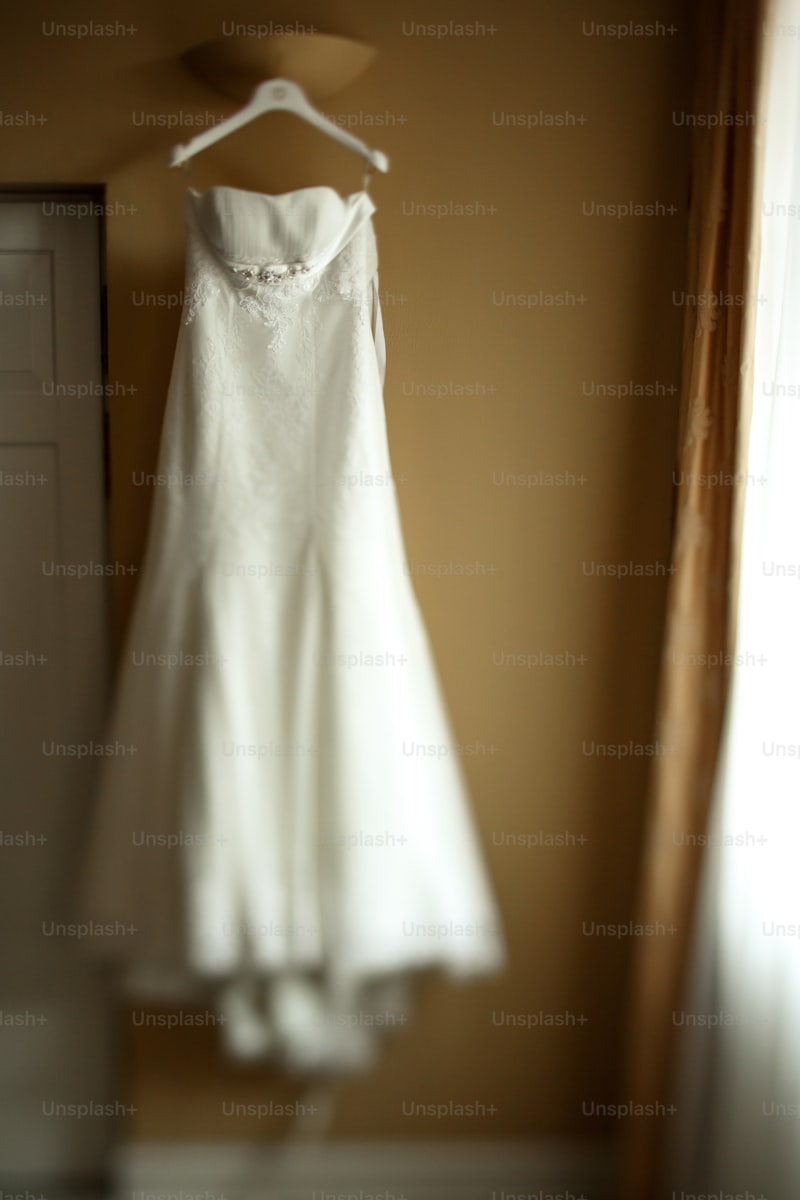The Charm of Handmade Versus Store-Bought Dresses
Exploring the Allure of Handmade Dresses
When it comes to fashion, the choice between handmade and store-bought dresses often evokes a passionate debate among enthusiasts. Both options come with their unique qualities, benefits, and charm. In this article, we will delve into the enchanting world of handmade dresses, comparing them with their store-bought counterparts to help you make an informed decision when it comes to your wardrobe.
What Defines Handmade Dresses?
Handmade dresses are typically crafted by artisans or independent designers, focusing on quality materials, intricate details, and personalized touches. Each piece tells a story, reflecting the creator's aesthetic vision and the meticulous work that goes into its production. The essence of handmade clothing lies in its uniqueness and authenticity, making it a sought-after choice for many consumers.
Benefits of Choosing Handmade
- Uniqueness: Each handmade dress is one of a kind. You won't find ten others wearing the same design, which allows you to stand out in a crowd.
- Quality: Often, handmade items are constructed with greater care and attention to detail than mass-produced clothing, leading to better durability and longevity.
- Supporting Artisans: Purchasing handmade supports local artists and small businesses, contributing positively to the community.
- Customization: Many artisans offer customization options, allowing you to have a dress tailored to your specific measurements and style preferences.
The Allure of Store-Bought Dresses
Store-bought dresses offer an entirely different experience. They provide convenience, variety, and often lower prices, making them a tempting option for many consumers. Large retail chains and online platforms offer a vast selection of styles, colors, and sizes, catering to various tastes and budgets.
Advantages of Store-Bought Dresses
- Affordability: Store-bought dresses tend to be more affordable, allowing for frequent wardrobe updates without breaking the bank.
- Convenience: Shopping for dresses at a store is quick and easy; you can find a wide variety of options under one roof or with just a few clicks online.
- Fashion Trends: Retailers often keep up with the latest fashion trends, offering dresses that are currently in vogue.
| Aspect | Handmade Dresses | Store-Bought Dresses |
| Uniqueness | One of a kind | Mass-produced |
| Quality | High craftsmanship | Variable quality |
| Price | Generally higher | Generally lower |
| Customization | Often available | Rarely available |
The Emotional Connection
There’s an undeniable emotional element tied to clothing, especially dresses. Handmade dresses often carry a sense of nostalgia and sentimentality. Whether it’s a dress made from a family heirloom fabric or one that encapsulates memories of a special occasion, these garments can hold significant emotional value. In contrast, store-bought dresses might lack this personal connection, often perceived as commodities that lack soul.
Considerations for Your Wardrobe
When deciding between handmade versus store-bought dresses, consider what truly matters to you in your fashion choices. Reflect on the following points:
- Your Style: Are you looking for a unique piece that expresses your individual style, or are you seeking trendy, fast-fashion items that can be easily replaced?
- Budget: What is your budget? If you have the means to invest in quality, handmade dresses can provide lasting value.
- Occasion: What is the occasion for which you are purchasing the dress? A special event may warrant a unique handmade dress, while casual wear might be fine with a store-bought option.

Echoes of Sustainability
In recent years, sustainability has become a significant topic of discussion in the fashion industry. Handmade dresses often align more closely with sustainable practices. Artisans frequently use eco-friendly materials, produce in smaller quantities, and focus on ethical labor practices. On the other hand, the fast fashion industry associated with store-bought dresses often leads to environmental harm due to mass production and disposal.
Making a Difference
By choosing handmade, you are not only acquiring a unique garment but also contributing to a more ethical and sustainable fashion industry. Often, handmade dressmakers utilize natural materials and avoid harmful production processes, positively impacting the environment.
Final Thoughts and Recommendations
In conclusion, both handmade and store-bought dresses have their merits and charms. The choice between the two ultimately boils down to personal values, style preferences, and budget considerations. If you seek uniqueness and quality, handmade dresses may be your best bet. If you prioritize affordability and convenience, store-bought options may suit your needs better.
Recommendations:- Consider your fashion needs; if you're after a one-of-a-kind piece, explore local artisans or online platforms dedicated to handmade fashion.
- If opting for store-bought, look for sustainable brands that focus on ethical practices.
- Maintain a balance between both options in your wardrobe for variety and personal expression.
The charm of handmade versus store-bought dresses continues to inspire countless fashion lovers. Whichever path you choose, let your wardrobe reflect who you are and the values you uphold.